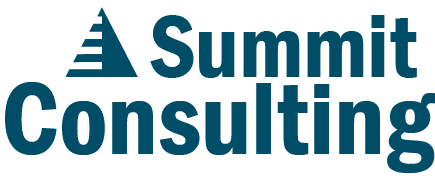Lolly Daskal posted an article on LinkedIn about what CEO’s really want from their coaches. Most of them want some form of counselling on their leadership skills.
Whatever your current level of leadership, Daskal recommends the following list to guide you as you work with your own coach, mentor, or support team.
1. Assistance with Self-Awareness.
Most of us are unaware of our strengths and weaknesses. That’s why it’s essential to build your self-knowledge with someone who can maintain a neutral point of view.
2. Coaching in Conflict Assessment Resolution.
A leader who can manage conflict in a constructive way can get to the root of issues and create win-win solutions.
3. Training in Effective Communication.
Listening is one of the most important elements of communication and leading. Sean Covey says you have to listen with your eyes, ears, and heart.
4. Mentoring In Delegation and Planning.
Planning and delegation fuel efficiency and professional growth for teams and individual members.
5. Guidance in Talent and Building Dynamic Teams.
Encouraging talent and building strong teams is a complex process that is constantly in motion, with different needs at different stages. It’s a constant challenge to leaders to keep those elements in balance.
6. Education in Interpersonal Skills.
Leaders are called on daily to motivate, inspire, and coach their team to work together effectively, and that means building strong relationships at every level.
7. Support in Development and Growth.
Leaders must not only support their team’s development and growth but their own as well. Learning to leverage your weaknesses and build on your strengths keeps you on track toward your individual goals and prepares you to keep your team and organization moving in a positive direction.
8. Leaders Who have Benefited from Coaching Know that it’s a Process.
The process may start with a few specific actionable themes but in time can grow into a essential partnership, one that provides trusted guidance and a clear, objective reality check.
9. A Coach Must be Smart, Intuitive, and a Great Communicator.
A good coach must be able to tailor the training to your individual needs instead of applying a canned approach.
